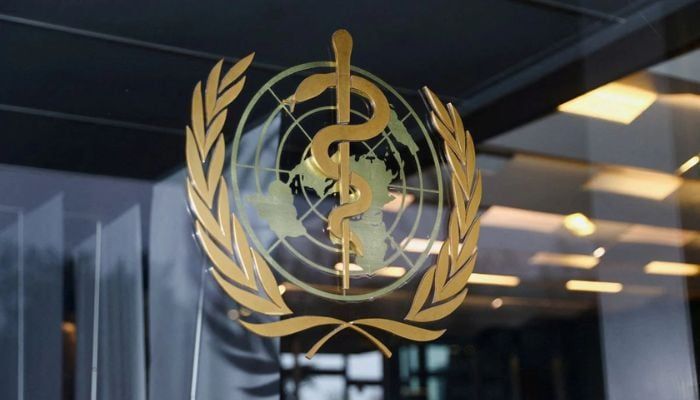The World Health Organization (WHO) has partnered with various stakeholders to introduce a global network aimed at fortifying disease detection and prevention efforts worldwide. The newly launched International Pathogen Surveillance Network (IPSN) leverages the power of pathogen genomics to enhance public health systems, data-driven decision-making, and global information sharing.
Pathogen genomics involves analyzing the genetic makeup of viruses, bacteria, and other disease-causing organisms, providing crucial insights into their infectiousness, fatality rates, and transmission patterns. By harnessing this valuable information, scientists and public health officials can effectively identify, monitor, and respond to diseases within a comprehensive disease surveillance framework. This approach aids in outbreak prevention, facilitates the development of treatments and vaccines, and strengthens overall epidemic preparedness.
Headquartered at the WHO Hub for Pandemic and Epidemic Intelligence, the IPSN brings together leading experts in genomics and data analytics from various sectors, including governments, philanthropic foundations, multilateral organizations, civil society, academia, and the private sector. With a shared goal of detecting and responding to disease threats before they escalate into epidemics or pandemics, the network aims to provide every country with access to pathogen genomic sequencing and analytics as an integral part of their public health systems.
Dr. Tedros Adhanom Ghebreyesus, WHO Director-General, emphasized the network’s vital role, stating, “The goal of this new network is to give every country access to pathogen genomic sequencing and analytics as part of its public health system. As demonstrated during the COVID-19 pandemic, the world is stronger when united against shared health threats.”
The ongoing COVID-19 pandemic has underscored the significance of pathogen genomics in responding to global health crises. Rapid sequencing of the SARS-CoV-2 genome has played a crucial role in developing and deploying effective vaccines, while also facilitating the identification of new, more transmissible variants of the virus. Genomic analysis lies at the core of robust epidemic and pandemic preparedness and response, extending to the surveillance of various diseases such as foodborne illnesses, influenza, tuberculosis, and HIV. Its application in monitoring the spread of HIV drug resistance has contributed to the implementation of life-saving antiretroviral treatments.
Dr. Rajiv J. Shah, President of The Rockefeller Foundation, stressed the importance of global collaboration in pathogen genomic surveillance during the COVID-19 crisis. He commended the IPSN’s objective of fostering knowledge sharing, tools, and best practices among partners across sectors and borders to ensure innovative and resilient pandemic prevention and response efforts in the future.
Despite progress made in genomics capacity due to the pandemic, many countries still lack effective systems for sample collection, analysis, and data utilization in public health decision-making. Limited sharing of data, practices, and innovations poses challenges to establishing a robust global health surveillance architecture. Additionally, budget reductions, even in high-income nations, threaten to undermine the advancements achieved during the pandemic in terms of capacity development.
The launch of the International Pathogen Surveillance Network by the WHO signifies a significant step forward in strengthening global disease detection and prevention. By leveraging pathogen genomics and fostering collaboration among diverse stakeholders, the network aims to enhance global health surveillance, data sharing, and response efforts. This initiative holds immense potential to mitigate the impact of future outbreaks and promote a unified global response against shared health threats.


